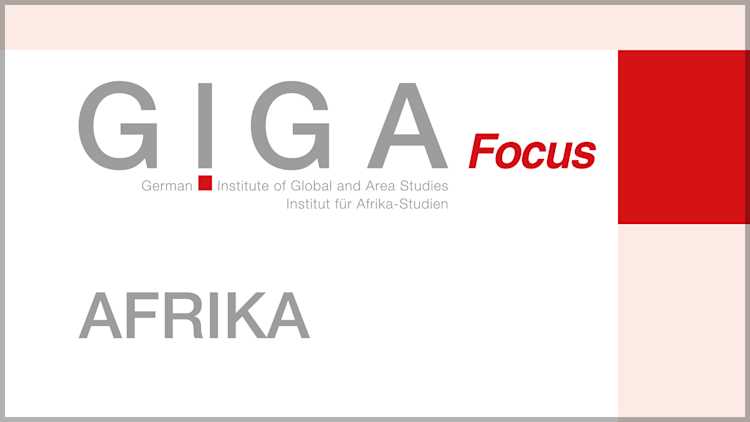- Startseite
- Publikationen
- GIGA Focus
- Interim Governments: Short-Lived Institutions for Long-Lasting Peace
GIGA Focus International Edition English
Interim Governments: Short-Lived Institutions for Long-Lasting Peace
Nummer 9 | 2014 | ISSN: 2196-3940
After the uprising against President Yanukovych, Ukraine’s opposition convened an interim government to pave the way for elections in May 2014. This year also saw interim governments put in place in the Central African Republic and Thailand. Meanwhile, peace talks in South Sudan came to a standstill in October 2014 because parties were unable to agree on the role of the prime minister in an interim government.
Analysis
Interim governments are often installed during peace processes, and policy makers tend to portray them as magic bullets that are capable of resolving all forms of violent conflict and promoting postconflict democracy. Their record, however, is mixed. This is partly because policy makers focus on distributing interim government seats among conflict parties. It is just as vital, though, to ensure that interim governments implement crucial reforms and integrate civil society in decision-making processes.
Postconflict interim governments are set up to organize elections, conduct institutional reforms, and facilitate conflict resolution. They are particularly common in sub-Saharan Africa, where they have been installed after over 60 percent of armed conflicts.
The record shows that power-sharing interim governments, such as in Liberia, and international interim governments, such as in Kosovo, are most successful in advancing peace and democracy.
Among the most vital reforms interim governments need to implement is the integration of the parallel institutions that warring parties maintain during armed conflict. As long as parties retain control over military structures or shadow administrations, they will possess the resources to return to fighting.
How interim governments are perceived by the broader public is also important. Including civil society in decision making, such as when drafting a new electoral law, increases the acceptance of reforms.
Fußnoten
Regionalinstitute
Forschungsschwerpunkte
Wie man diesen Artikel zitiert
Strasheim, Julia (2014), Interim Governments: Short-Lived Institutions for Long-Lasting Peace, GIGA Focus International Edition English, 9, Hamburg: German Institute for Global and Area Studies (GIGA), http://nbn-resolving.de/urn:nbn:de:0168-ssoar-407238
Impressum
Der GIGA Focus ist eine Open-Access-Publikation. Sie kann kostenfrei im Internet gelesen und heruntergeladen werden unter www.giga-hamburg.de/de/publikationen/giga-focus und darf gemäß den Bedingungen der Creative-Commons-Lizenz Attribution-No Derivative Works 3.0 frei vervielfältigt, verbreitet und öffentlich zugänglich gemacht werden. Dies umfasst insbesondere: korrekte Angabe der Erstveröffentlichung als GIGA Focus, keine Bearbeitung oder Kürzung.
Das German Institute for Global and Area Studies (GIGA) – Leibniz-Institut für Globale und Regionale Studien in Hamburg gibt Focus-Reihen zu Afrika, Asien, Lateinamerika, Nahost und zu globalen Fragen heraus. Der GIGA Focus wird vom GIGA redaktionell gestaltet. Die vertretenen Auffassungen stellen die der Autorinnen und Autoren und nicht unbedingt die des Instituts dar. Die Verfassenden sind für den Inhalt ihrer Beiträge verantwortlich. Irrtümer und Auslassungen bleiben vorbehalten. Das GIGA und die Autorinnen und Autoren haften nicht für Richtigkeit und Vollständigkeit oder für Konsequenzen, die sich aus der Nutzung der bereitgestellten Informationen ergeben.








